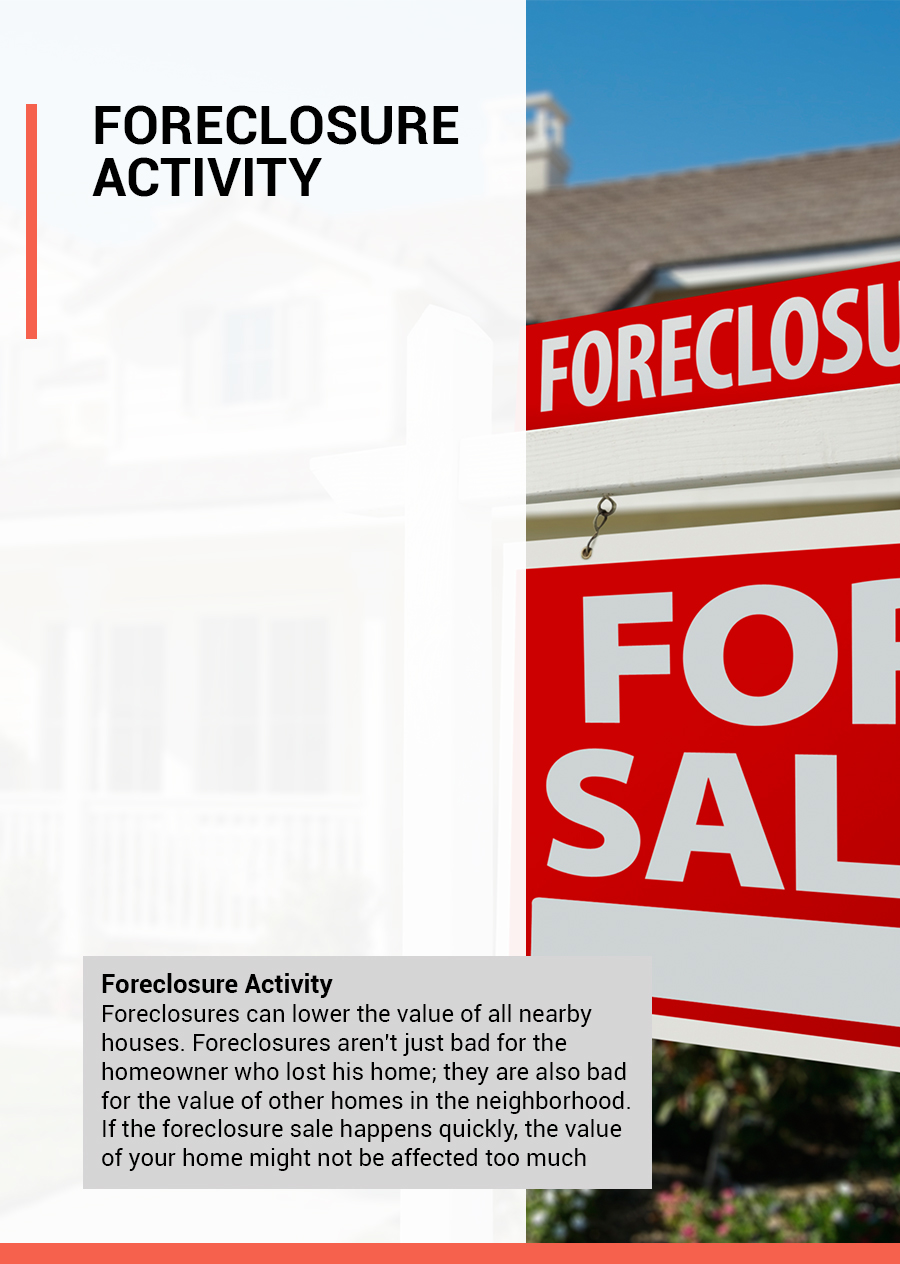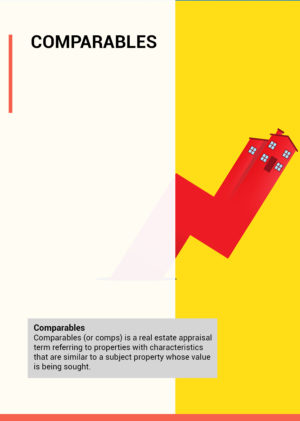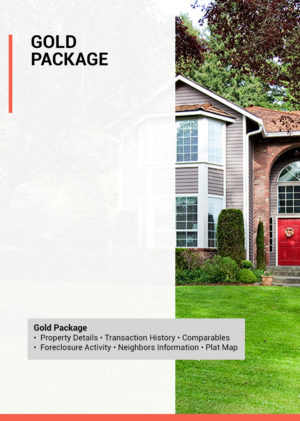Foreclosure Activity
$15.00
Foreclosure is the legal process by which a lender takes control of a property, evicts the homeowner and sells the home after a homeowner is unable to make full principal and interest payments on his or her mortgage, as stipulated in the mortgage contract.
- • Neighborhood Foreclosure Activity
- • Foreclosure Dates
- • Notice of Default
- • REO
- • Notice of Sale Date (Notice of Trustee’s Sale)
If a property fails to sell at a foreclosure auction or if it otherwise never went through one, lenders — often banks — typically take ownership of the property and may add it to an accumulated portfolio of foreclosed properties, also called real-estate owned (REO).
Product Description
Foreclosures can lower the value of all nearby houses. Foreclosures aren’t just bad for the homeowner who lost his home; they are also bad for the value of other homes in the neighborhood. If the foreclosure sale happens quickly, the value of your home might not be affected too much.
Each state has its laws governing the foreclosure process, including the notices a lender must post publicly, the homeowner’s options for bringing the loan current and avoiding foreclosure, as well as the timeline and process for selling the property.
A foreclosure, as in the actual act of a lender seizing a property, is typically the final step after a lengthy pre-foreclosure process, which can include several alternatives to foreclosure including many that can mediate a foreclosure’s negative consequences for both the buyer and the seller. As with foreclosures, states have their laws to handle this process.
The other 28 states – including Arizona, California, Georgia, and Texas – primarily use non-judicial foreclosure, also called the power of sale, which tends to be faster and does not go through the courts unless the homeowner sues the lender.





